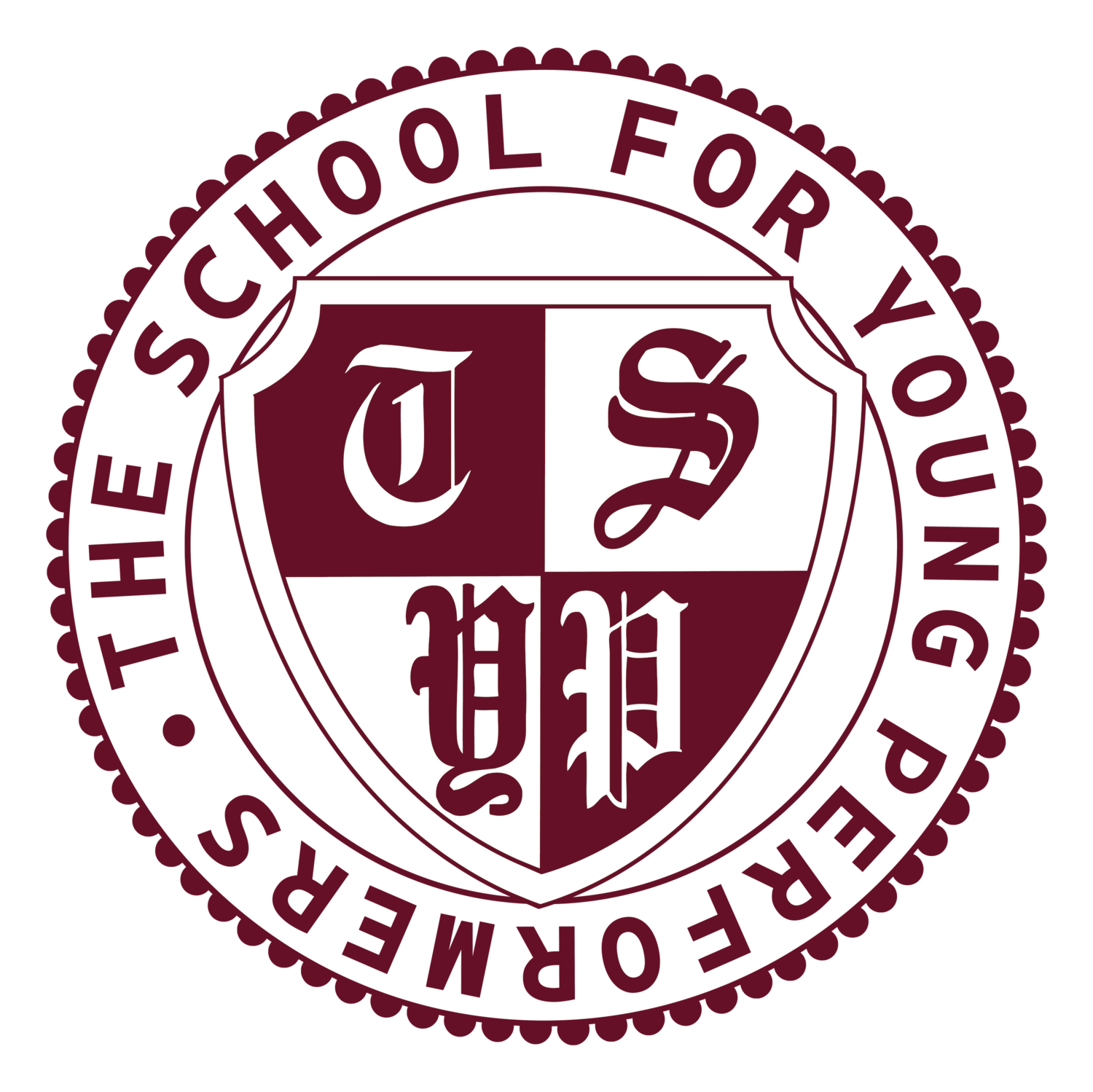A School Without Walls
Hello and Happy New Year! It’s been an exciting and busy year at The School for Young Performers, and we have a lot planned for 2020. Kicking off our new year of blog posts is an interview with Adam Liscia, one of SYP’s instructors in the New York area.
Adam is a New York native and studied Mathematics at Stony Brook University. Since then, he has worked in education for over twelve years. Some of Adam’s interests include food, nutrition, backpacking, and running (since 2008, Adam has run marathons, triathlons, and is now experimenting in ultrarunning!).
After working as a schoolteacher in New York City, Adam found another passion in computer coding. Since joining SYP, Adam has been able to bring some mutually shared interests into the classroom, now teaching math and coding to two of our student athletes. Check out our interview with Adam below to learn more about these interests and how he is able to bring his passions into the classroom every day as he educates SYP students!
How did you discover coding, mathematics, and athletics as areas of interest?
I was always a math and science person. Physics and chemistry, the math-based sciences, were my favorite classes growing up, so it felt natural to pursue engineering. However, my calculus professor suggested that I work in the math tutoring lab and I quickly found a passion in education.
Endurance sports came a few years after high school, when I started seeing how quickly all my friends fell out of shape. I refused to not let that happen to me, I started running. It was a rough go at first, I was barely able to run 1.5 miles, but it felt good and I knew I can run further if I put in the effort. This concept of knowing that I can always go further has taken me into the realm of marathoning, triathlons, and into ultrarunning. I’m still trying to figure out how far I can go.
I discovered coding after I left the NYC classrooms, and it was all thanks to some close friends of mine asking me “Why aren’t you writing code? You’d love it.” I took their advice, taught myself how to write some Python, and I realized it was perfect for me. It stimulated the problem-solving portion of my brain and it feels so rewarding when the code you write does what you want it to do. So, I enrolled in Flatiron School’s Data Science Program and spent an amazing 15 weeks learning how to write Python for data science, machine learning, and artificial intelligence.
As an educator, how does it feel to be able to bring your own interests into the learning environment, and what have you discovered through this process?
Being able to bring my own passions into the classroom makes it feel like I play all day. Also, enthusiasm is contagious. If the teacher is having fun and enjoys the subject, it makes it easier for the student to get into it too. My favorite teachers growing up were the ones who were the most enthusiastic about the subject they were teaching, and I try to bring those same feelings into my classroom.
How do you approach curriculum design, specifically incorporating hands-on learning, projects, and real-world applications to achieve learning targets?
It is so easy for math to be a dry subject, so my approach is to make the material fun and relatable to the students. Some of my students play hockey, so managing a fantasy hockey team with them provides endless opportunities to make math feel real.
Coding classes were added mid-year – how did this happen, and what is it like to have the courses and lessons evolve with the interests of students?
We are able to adapt to the evolving interests of the students, both in small classroom lessons and analogies as well as through adding classes mid-year. Technology is playing a bigger role in our lives every day, so being able to write any sort of code is a very practical skill to have. Coding is new way of thinking for many students, it turns us into problem-solvers and it really works out the logic portions of the brain.
Adding coding to the week has been a rewarding experience, and it can go in so many different directions: building apps, video games, robotics, playing with a RaspberryPi, and data science. Right now, based on the interests of my students, we’re going to head in the direction of developing a video game. This is exciting for me, because it’s expanding my own skill set while building theirs.
What is your favorite part about teaching for SYP and/or do you have a favorite moment from teaching this year?
My favorite part about teaching for SYP is the satisfaction I receive from being able to provide a high-quality learning experience that’s tailored to an individual’s interests. When you can make the subject interesting, everyone has fun. Whether parading around a student’s home with a meter stick to understand measurement or explaining math equations through an athlete’s lens, it’s incredibly rewarding to see a student take interest in what they’re learning.
--
The School for Young Performers is constantly evolving in new and exciting ways to provide a boutique educational experience for our students across the country. If you’re interested in joining our community of learners, please contact us and we’ll be in touch.
Until Next Time,
Chris

